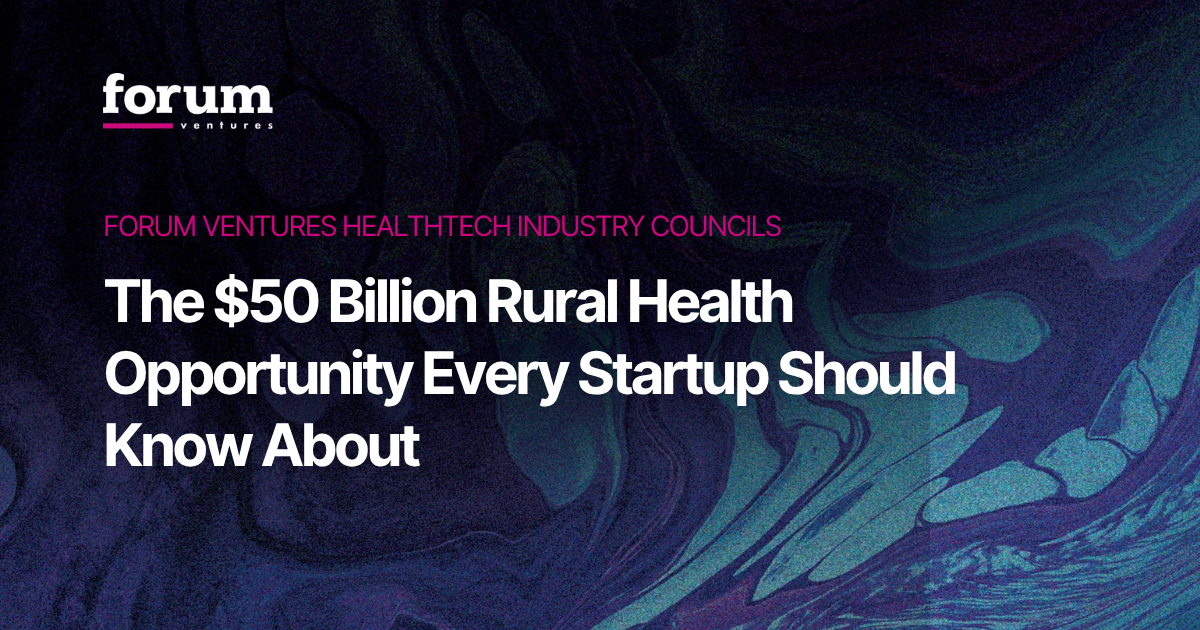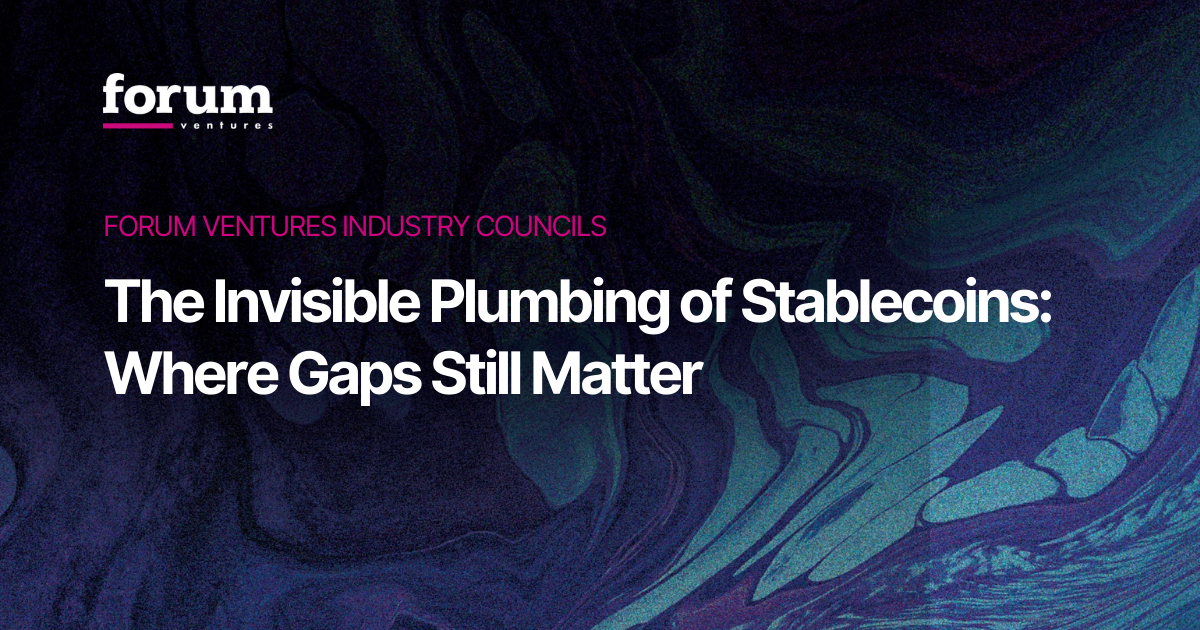In our Healthtech Industry Council quarterly meetings, we’ve been listening closely to senior leaders from health systems, payers, and innovation groups. The themes we’re hearing reflect the very real problems that make care delivery harder, exhaust staff, and waste dollars.
Here are three areas that surfaced repeatedly; places where the pain is real and the door is open for innovation.
1) Epic’s AI Push Is Expanding, and the Openings Are at the Edges
At Epic’s 2025 UGM, Epic unveiled a host of new AI assistants: Art (clinician co-pilot), Emmie (patient assistant), and Penny (revenue-cycle), plus upgrades like Cosmos AI and MyChart Central to unify patient access. Together, they reinforce an “AI-inside” roadmap that will pull more workflows into the core EHR.
Why this matters: When Epic builds a module that is “good enough,” most health systems will adopt it rather than layering on an outside tool. But Epic won’t solve every problem. The real opportunities lie in the gaps: specialized service-line workflows, attribution and reporting needs, and compliance features that require more customization than a large vendor will take on. MyChart Central is a telling example: it allows patients to consolidate records across health systems with a single Epic ID, but it also raises concern among executives who don’t want to make it easier for patients to find providers outside their network. As one council member put it,
“We’re not eager to give our patients a tool that helps them shop for care at the hospital down the road”
Signal for founders: Startups that want to play here need to focus on the places Epic won’t cover, or where provider organizations want more control than Epic’s default gives them.
2) Revenue Blind Spots Are Still Costing Systems
Even the most advanced health systems struggle with a basic question: what did we bill, and what did we actually get paid? Denials keep piling up, and they’re not small. One national review put initial denials at nearly 12 percent of claims in 2024, and in Medicare Advantage the number was closer to 17 percent. Many of these come down to things like missing documentation or prior authorizations that could have been caught before the claim was ever submitted.
Why this matters: Lost revenue is not just a finance problem. Every denial ripples into staff time, patient frustration, and longer cash cycles. Leaders are under pressure to prevent errors before they happen, not just analyze them afterward.
Signal for founders: Health systems are tired of tools that just report on denials after the fact. What they want is help catching problems before a claim ever goes out. If you can show that your product prevents a common denial and gets cash in the door faster, you will have their attention.
3) Preventive Care Needs the Right Business Model
There is no shortage of tools promising to help people stay healthy, from wearables to full-body scans to metabolic trackers. But health system leaders are skeptical about who will pay for them. Patients rarely want to cover these costs out of pocket, and health systems will not invest unless there is clear proof of financial return. Employers are also overwhelmed with wellness vendors, and many struggle to measure whether these programs actually save money.
Why this matters: Prevention only works as a business if someone is willing to fund it. Right now that usually means self-insured employers or risk-bearing clinics that can see a direct impact on total cost of care. Without evidence that a tool lowers spend or avoids costly utilization, most systems will view it as “nice to have” rather than essential.
Signal for founders: The opportunity is to link preventive tools to outcomes that matter in risk contracts, such as fewer ED visits, reduced readmissions, or better control of chronic conditions. If you can prove that connection, you will find buyers who are ready to pay.
Other Signals We’re Watching
The conversations also surfaced additional areas of friction. These are live problems where founders can roll up their sleeves, experiment, and see what sticks.
Digital front door isn’t another portal
Council members pointed out that most health systems already have portals, so building another one doesn’t solve much. The real need is smarter navigation. Patients want to see which options are actually covered by their insurance and what their out-of-pocket costs will be before they book. Health systems benefit too, since steering patients to the right setting reduces leakage to competitors and avoids denied claims. The opportunity is in tools that make scheduling both coverage-aware and cost-transparent in a way that works for patients and providers.
AI That Can’t Prove Itself Won’t Get Bought
A council member stressed that tools like wearables or home monitoring devices only matter if they tie back to validated biomarkers or hospital data. Leaders also made clear that health systems will only buy AI if it comes with the right guardrails. That means being able to explain how the AI reached its conclusions, keeping an audit trail of decisions, and controlling who can use it. This is not just a preference, it is also where regulators are heading with new rules from ONC and the FDA. The opportunity is for tools that save time while still proving their accuracy and compliance.
About Forum Ventures’ Industry Councils
Forum Ventures’ Healthtech Industry Council brings together senior executives from across health systems, clinical operations, insurance, and corporate venture to share perspectives, compare strategies, and engage with startup solutions that address their most pressing needs. These insights were drawn from discovery calls with founding members as we prepare for the Council’s first quarterly meeting.
Learn more about all of our industry councils here: https://www.forumvc.com/forum-industry-council
A Call for Founders!
We believe the opportunities surfaced through our Industry Councils are some of the most urgent and exciting in the market. That’s why we’re actively investing in the companies building solutions to these challenges.
If you’re already building a startup that aligns with the themes our Healthtech Council is exploring, pitch our accelerator here.
If you’re earlier on the journey, Forum’s AI Venture Studio backs ideas before a company even exists. We partner with industry veterans who’ve lived these problems firsthand and are ready to build transformative solutions. If that’s you, reach out to Ksenia@forumvc.com.
.avif)




.svg)

.avif)


.avif)

